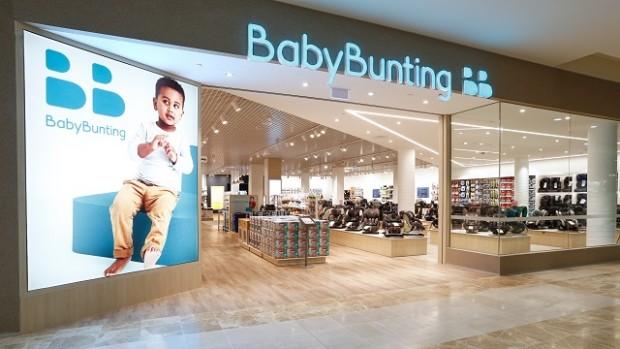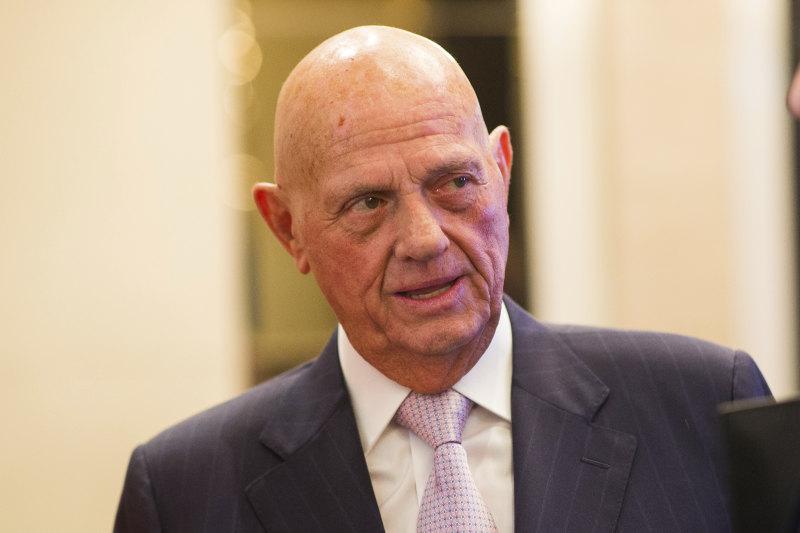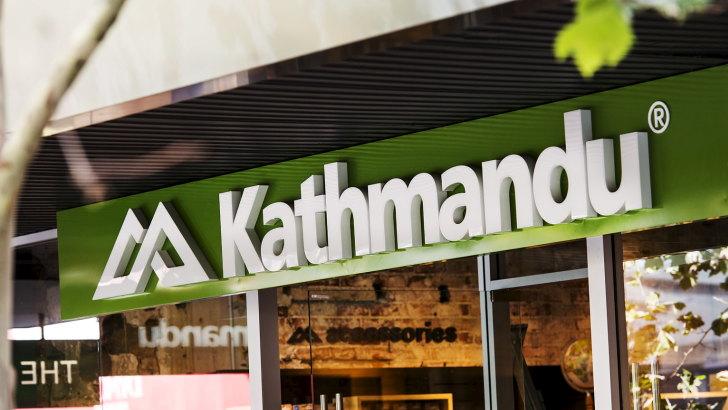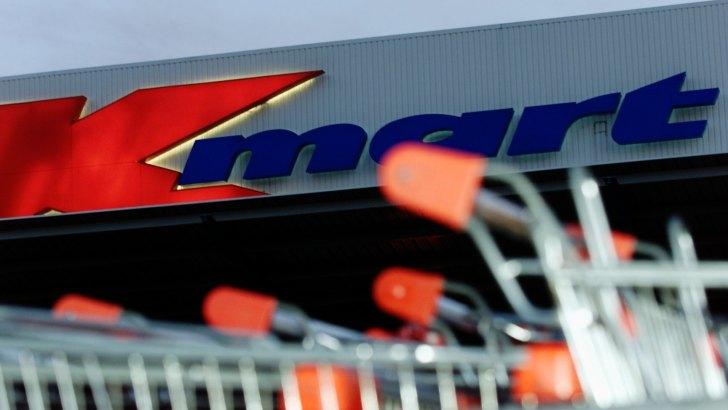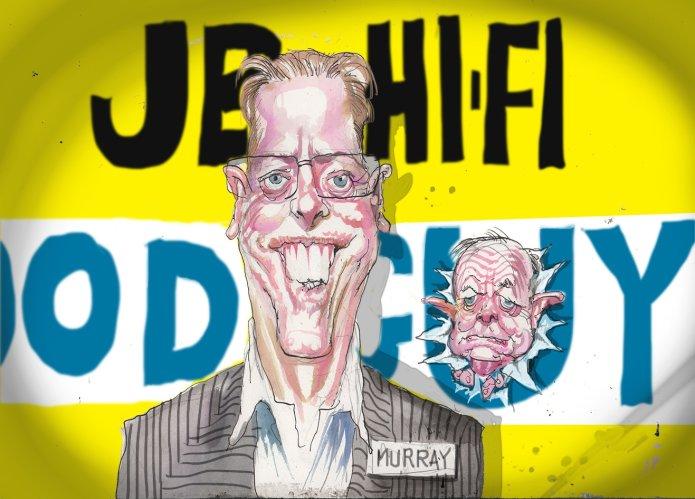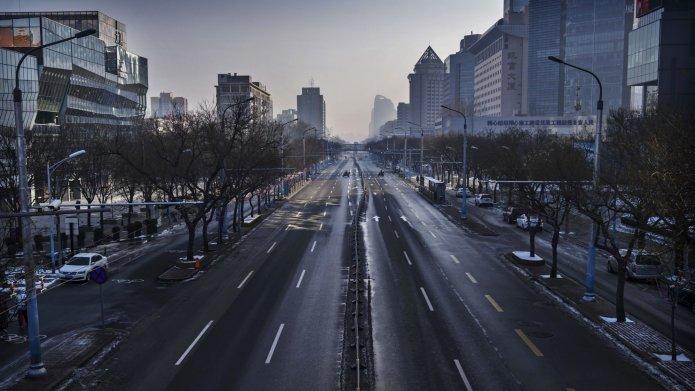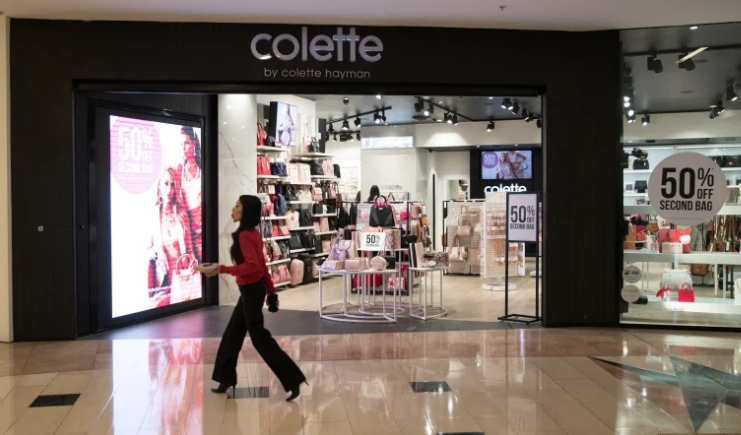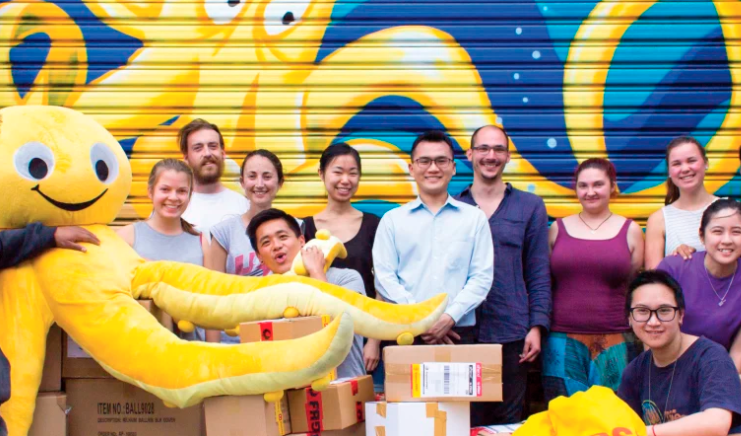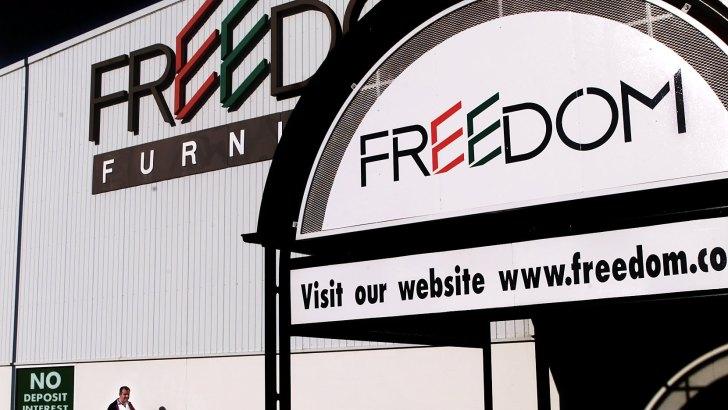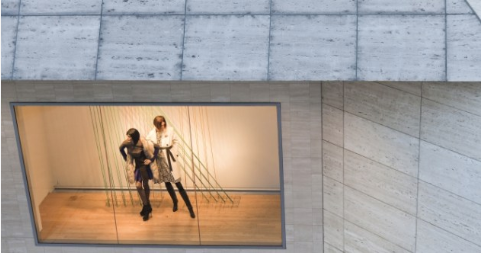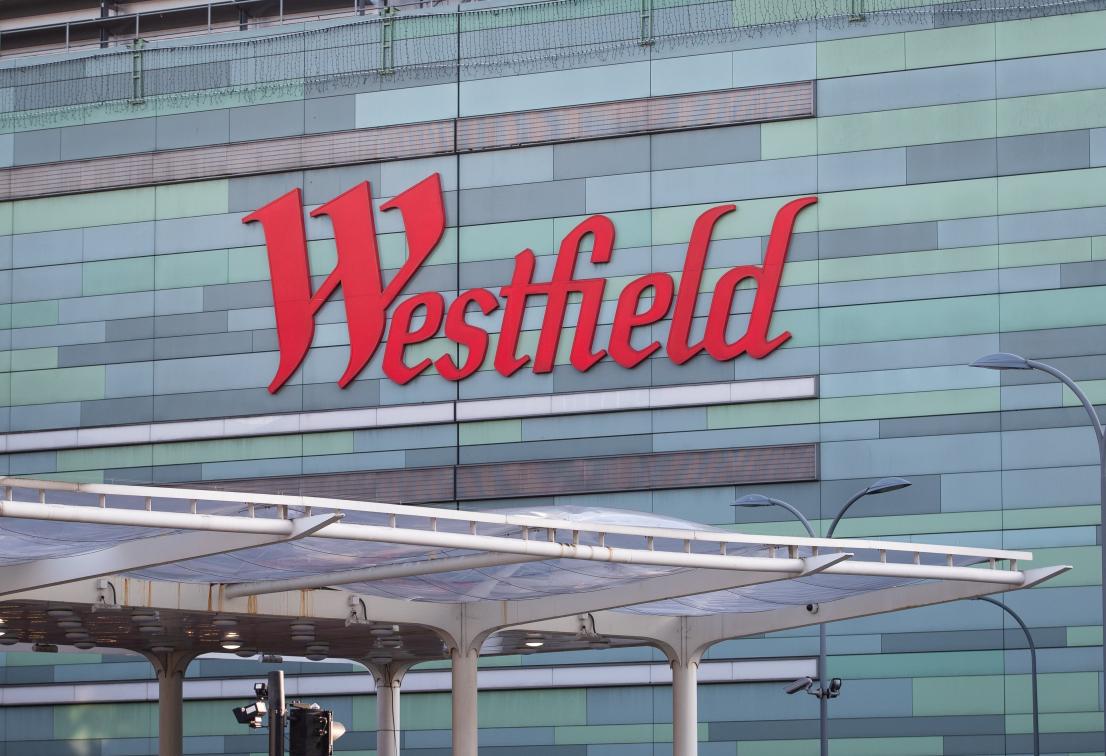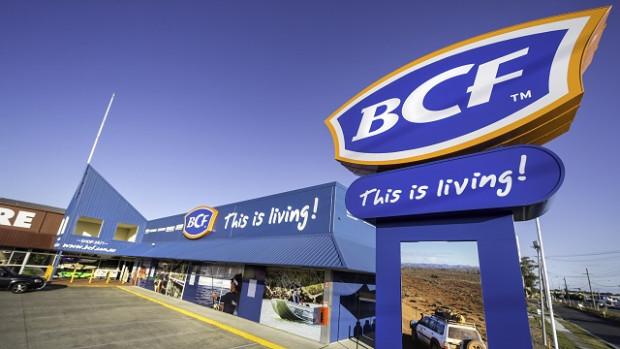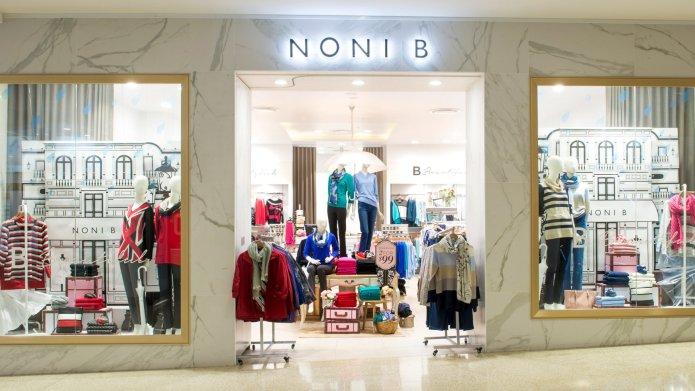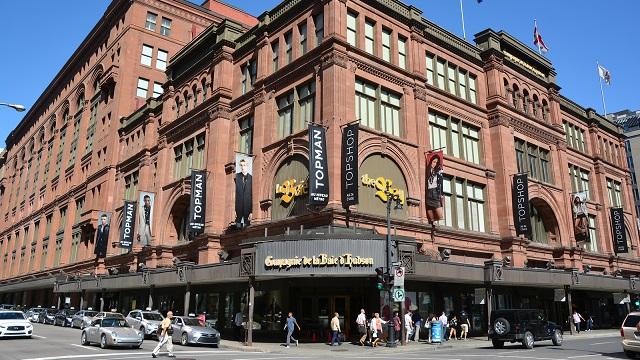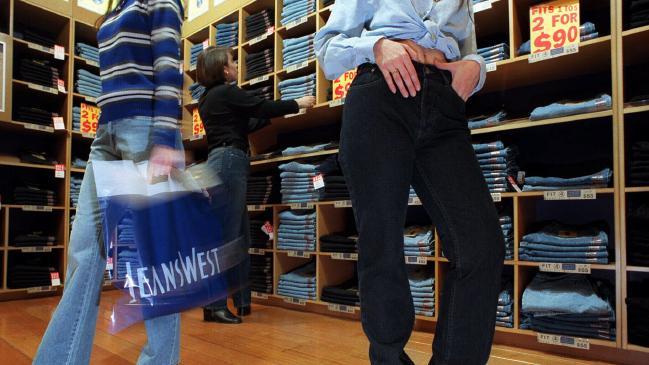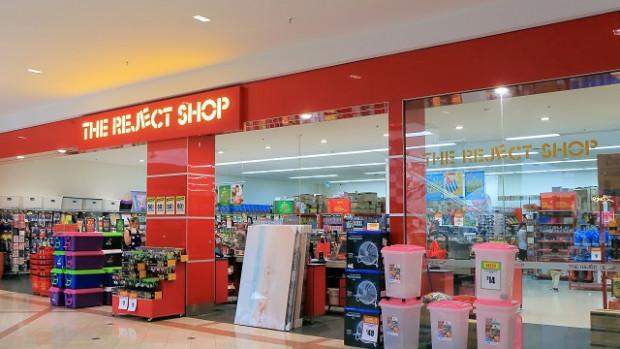Australian retailers are bracing for product shortages and sales drops from the ongoing spread of the coronavirus, with some local companies predicting the deadly disease could wipe millions off their annual revenues.
The mysterious virus, which first appeared in a live animal market in the Chinese city of Wuhan, has infected almost 25,000 people and led to 490 deaths so far, sending jitters throughout global markets as investors remain concerned about its knock-on effects.
As a result, China has asked many local factories to remain closed for at least one week following the end of the Chinese New Year holiday, but potentially longer if the virus remains uncontained.
For Alex Baro, chief executive of Australian beauty and swimwear retailer Black Swallow, the delays are set to slash his revenue by as much as 10 per cent for the 2020 financial year.
"Our forecast is $1 million to $2 million of revenue impact, and that's just based on stock. We were also going to go to China just after Chinese New Year to meet new factories ... and now the government's telling them to stay home," he told The Age and The Sydney Morning Herald.
"We have no idea how long this will continue. It's just affecting everything."
Analysts at stockbroker Morgans have predicted many of the country's major retailers will face some stock availability issues in the coming months, saying while most retailers could handle a one or two-week delay, closures stretching to a month or more could have deeper impacts.
"Any persistent factory closures (one month or more post-Chinese New Year) has the ability to impact stock availability and therefore earnings," analyst Jo Little said.
"For a retailer, being out of stock is your worst nightmare, but at least they're all going to be in the same boat. I think we'll get a better idea of the risk in the middle of reporting season in a couple of weeks."
Retailers will require stock to be in transit by late March in order to prepare for the key fourth-quarter trading period, Ms Little said, who pointed to fast-fashion retailers and other high stock turn retailers as most likely to be affected.
Product discounts could also be few and far between, she said, due to low stock availability.
Woolworths, one of the country's largest retailers, said it was "actively monitoring" the coronavirus situation, noting it had sourcing offices in Shanghai and Hong Kong. The company said it had seen no disruption to supply or procurement yet.
Melbourne-based online gifts retailer Yellow Octopus sources much of its goods from China through its distributors. While chief executive Derek Sheen said he hadn't yet seen any slowdown due to the virus, supply chain issues were brewing.
"We don't know what the full scale of the impact will be as of right now, but there definitely will be one," he said. "Our shipping providers say even when factories do open there'll be a huge backlog, so any further delay will just compound it.
"Products we thought we were going to replenish, we won't be able to. We're probably going to have to air-freight in our most important items, which adds to the cost."
Both companies have also been hurt by the falling Aussie dollar, with Mr Baro saying the decline since the beginning of the year cost him as much as $70,000 on one invoice.
Economists have described the dollar as the "whipping boy" for global coronavirus fears, and ANZ has warned it could lead the Australian economy to suffer a quarter of negative GDP growth.
The virus troubles, if prolonged, will likely hinder any recovery in Australia's languishing retail market, which has been shaken recently by numerous collapses, poor spending, and weak consumer confidence.
That confidence will likely stay low, ANZ economists warned, and according to Mr Baro it could be a tough road ahead.
"Right now people are second-guessing themselves before spending. People are tightening up, so we just have to get smarter," he said.


